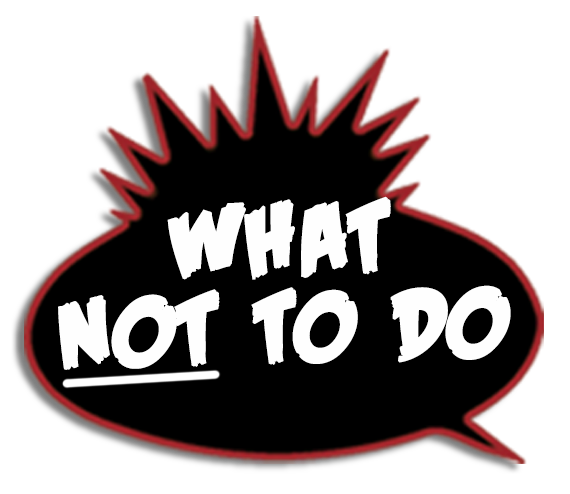Black Americans have suffered centuries of systemic racism through exploitation, control, and violence – at the hands of the white supremacist state. The ancestors of many Black Americans were forced into the slave trade which built this country’s wealth and power. Even after slavery was abolished, its legacy lives on in the racist policies – in education, housing, criminal justice, employment, and every other aspect of society – that subjugate and repress the agency and rights of Black communities.
To learn more about the different types of racism and they impact Black folks, head over to our “Check Yo’Racism” section.
American enterprise and wealth exists because of the labor of Black folks. Almost every aspect of American culture has drawn from Black culture – such as the arts; entertainment; fashion; sports; and more – yet white supremacy continues to devalue and oppress Black lives. We are all (white people as well as non-Black people of color) complicit in upholding white supremacy and we must all actively work to dismantle it. Below are some of the ways you can support Black lives in a sustainable way.


